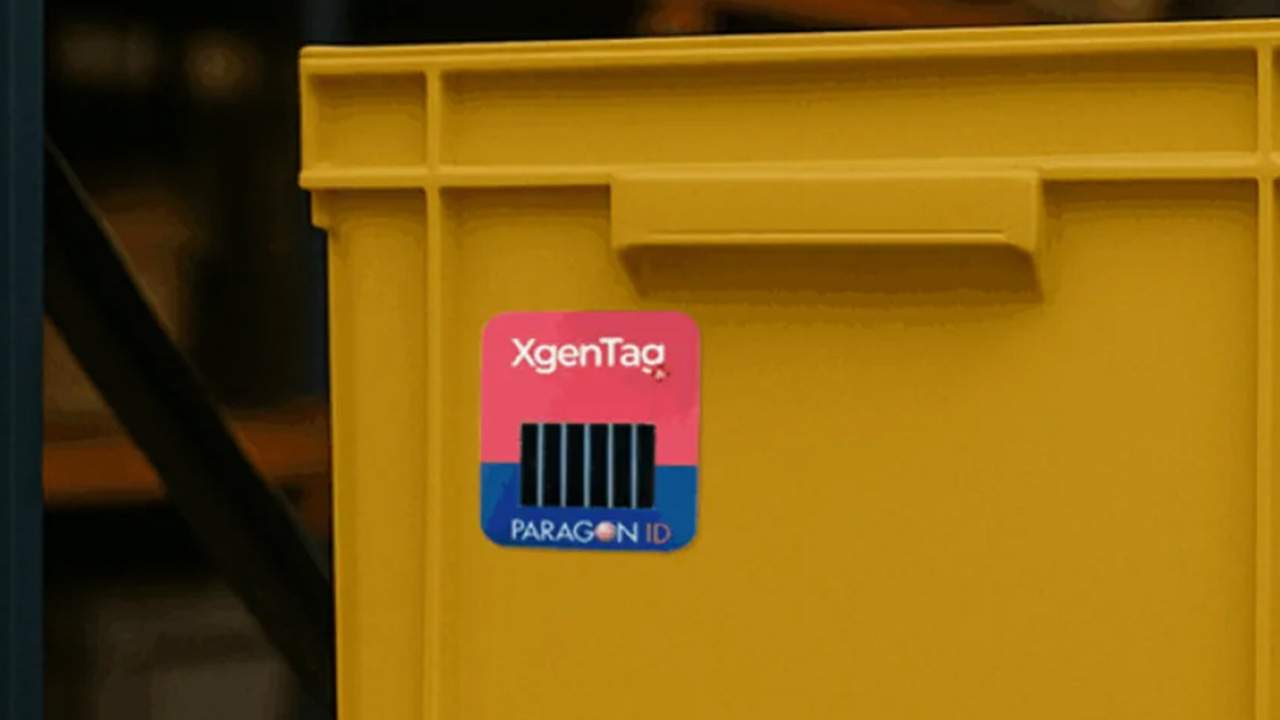Eco-friendly plate success in Argentina
Autopack, an Argentine label printer, has invested in Cosmolight flexo plate technology from Toyobo, and the Japanese company’s Latin American distributor is reporting increasing interest in the water-washable plates’ environmental benefits. James Quirk reports
When Argentine label converter Autopack, traditionally a letterpress house, moved into the flexo market with the purchase of an 8-color MPS EF 330, it needed to source new flexo plate-making technology. The converter turned to water-washable Cosmolight plates from Toyobo, through the Japanese company’s Latin American distributor Leftech, which not only aided Autopak’s transition into flexo, but have also brought significant environmental advantages.
The company was founded in 1990 by Nolberto Fridman and Enrique Szafir, whose experience was in offset printing, and Angel Bonavera, who came from a pre-press background. Beginning with three Ko-Pack letterpress machines, internally reconfigured and updated to suit the company’s needs, Autopack established itself as a converter of specialty products, particularly for security and promotional applications, with 90 percent of its output entering its local market.
With the onset of Argentina’s economic crisis of 2001, so began the need to export. What had been local innovations now became international successes, with the company’s multi-laminates and promotional products aiding the creation of a client base spread across 30 countries. Autopack now exports around 45 percent of its labels.
It was then that Autopack began to look at flexo technology. ‘At the time the company was founded, flexo wasn’t yet at the right quality,’ explains Miguel Angel Cascone, head of the company’s R&D department. ‘But as it got better, we wanted to compete. Ko-pack had satisfied our needs up to that point. When we hit capacity, we thought about buying another Ko-Pack machine, but the improvements in flexo tempted us.’
The MPS EF 330, an 8-color servo-driven machine equipped with silkscreen and hot stamping units, was purchased in 2006 – the Dutch press manufacturer’s first installation in Latin America. ‘MPS offered near-offset quality and the technical support we needed,’ says Cascone. ‘The press had excellent registration and the quicker set-up was also a big advantage over letterpress. Flexo allowed us to grow in the wine market, for example, where the textured materials can’t be printed by letterpress because of the rigidity of the process.’
With the arrival of the MPS press, Autopack began research into flexo plate-making technology. Colleagues at a pre-press company had shown Cascone the results of printing on Cosmolight plates from Toyobo. He invited the Japanese company’s Latin American representative, Leftech, to present the products, and was impressed with the speed of plate production and the quality of the plates. The environmental aspect, too, was key: ‘It was a big advantage for us that we could offer Autopack solventless products,’ recalls Esteban Cambiasso, Leftech’s commercial director.
After extensive testing, Autopack adopted the technology and 98 percent of the company’s output is now produced on Toyobo photopolymer plates. According to Jorge Amalric, production manager, the advantages have been numerous – with plates of ‘almost digital quality’ being produced, increased efficiency and environmental benefits.
While solvent polymers can take many hours to be ready, Cosmolight plates are produced in less than one – an increased efficiency which reduces set-up and translates into improved productivity. The plates eliminate the use of environmentally damaging solvents as they are washable in hot water with a little detergent. Filters recirculate the water, meaning less is used, and the process’s complete lack of odor makes for a more pleasant working environment.
With a reproduction capacity of 1 percent at 175 lpi, the plates are compatible with water-based, solvent-based and UV inks. Three different levels of thickness allow use with a variety of substrates.
Amalric reports that while Autopack used to produce a number of digital plates, the arrival of the Cosmolight technology has reduced this need dramatically. ‘Very occasionally, for an extremely complicated job, we use digital plate-making,’ he says.
For Leftech’s Esteban Cambiasso, Toyobo’s Cosmolight plates represent the perfect synthesis between environmental sustainability and increased production efficiency. ‘Lots of people talk about environmental friendliness, but don’t want to pay extra for it,’ he says. ‘However, the increased productivity of the Cosmolight plates translates into increased profitability for the converter. What’s more, you can achieve near-digital plate quality with conventional technology.’
Autopack uses Art-Pro pre-press software and machines from Arpeco and Rotoflex for finishing. The majority of materials used are supplied by Avery Dennison, while inks come from Siegwerk, Flint Group and Radcure.
Fifty-five percent of the company’s production is in promotional labels. A dizzying array of novelties are available, from hidden messages and thermochromic inks to tiny chewing gum labels and a shampoo bottle whose label acts as an exfoliant.
Based in a 5,000 square meter factory on the outskirts of Buenos Aires and employing 100 people, Autopack divides its remaining 45 percent of production between security products, pharmaceuticals, food and wine.
Leftech rallies against false environmental claims
Esteban Cambiasso and Rodrigo Perez, the founders of Leftech, are passionate environmental campaigners, and their enthusiasm for the ecological advantages of Toyoba’s water-washable plate systems is plain to see. ‘When we learned of the availability of this technology, it was not only a business opportunity but also a commitment to our convictions,’ says Cambiasso. ‘There is no downside: it is economical, profitable and ecological.’
Since its foundation five years ago, Leftech has actively sought to distribute products that have environmental benefits – differentiating themselves in a region where environmental sustainability is not yet paid the same level of attention as in Europe or the United States. ‘We chose a harder path by offering these types of products,’ says Rodrigo Perez, ‘but one that is much more gratifying.’
In the last three years Leftech has installed over 20 of Toyobo’s water-washable plate systems throughout Latin America – counting some of the region’s leading converters as customers. Sales are ‘rising exponentially’ according to Perez. ‘The companies we are selling to are technologically advanced converters who are investing in the latest presses from the likes of Gallus and MPS,’ says Cambiasso.
Leftech’s most recent addition to its portfolio is UV inks from Japanese company T&K Toka – which boasts a 70 percent market share in its home country.
Cambiasso and Perez are critical of what they see as environmental posturing by other companies in the industry which claim eco-friendly products or processes. ‘The reality is that there are multinational companies which are promoting their products as environmentally sustainable when they aren’t, not from any point of view,’ says Cambiasso. ‘They are using perchloroethylene-butanol in the processing of the polymers – a toxic solvent that has been banned from other industries, such as in washing detergents, where it comes into contact with people.
‘These companies use what they call ecological solvents, but there is nothing ecological about the processes used to produce them.’
Pictured l-r: Jorge Amalric, production manager, Autopack; Rodrigo Perez, founder and managing partner, Leftech; Miguel Angel Cascone, head of R&D, Autopack
This article was published in L&L issue 3, 2009
Stay up to date
Subscribe to the free Label News newsletter and receive the latest content every week. We'll never share your email address.


